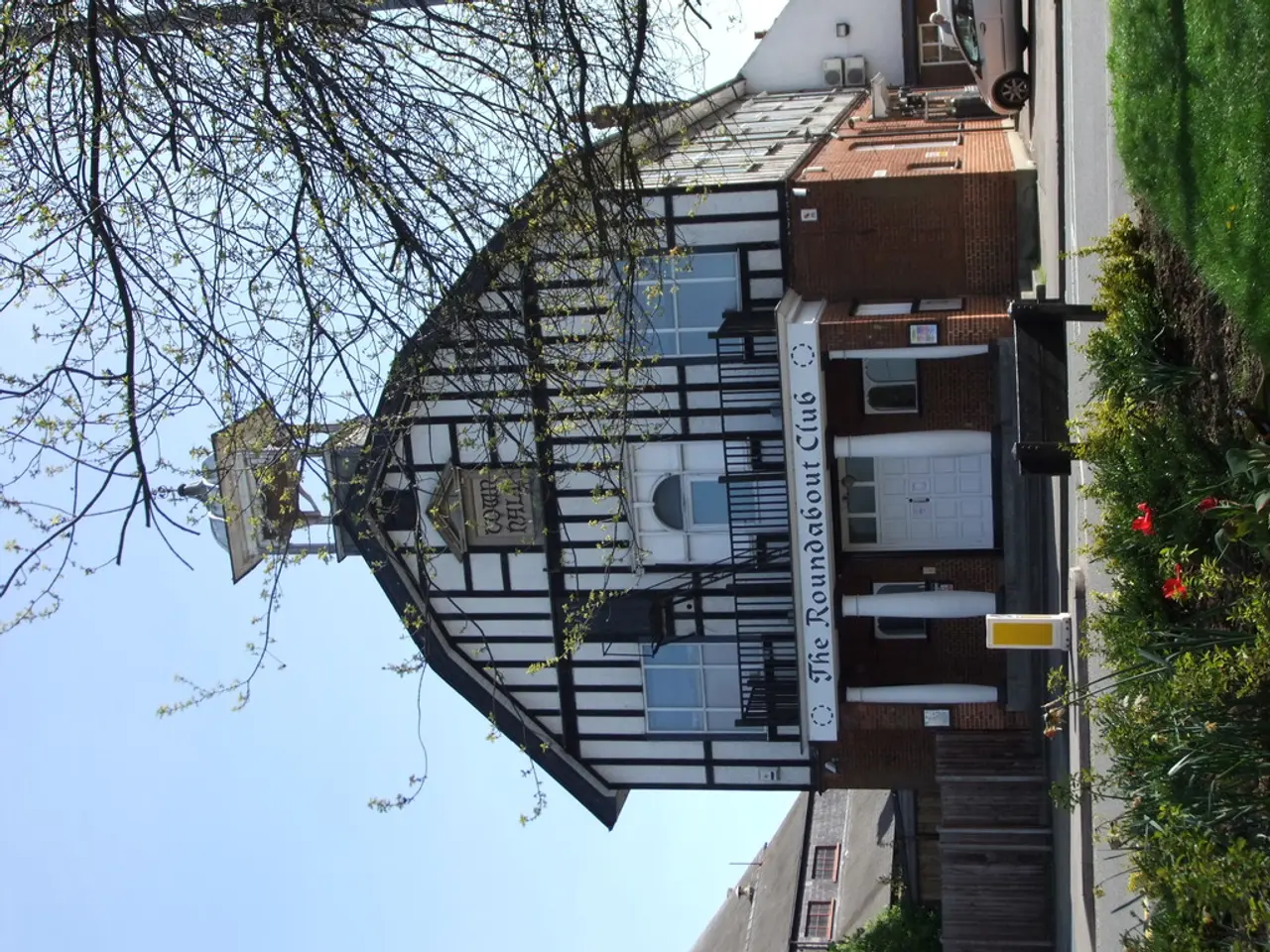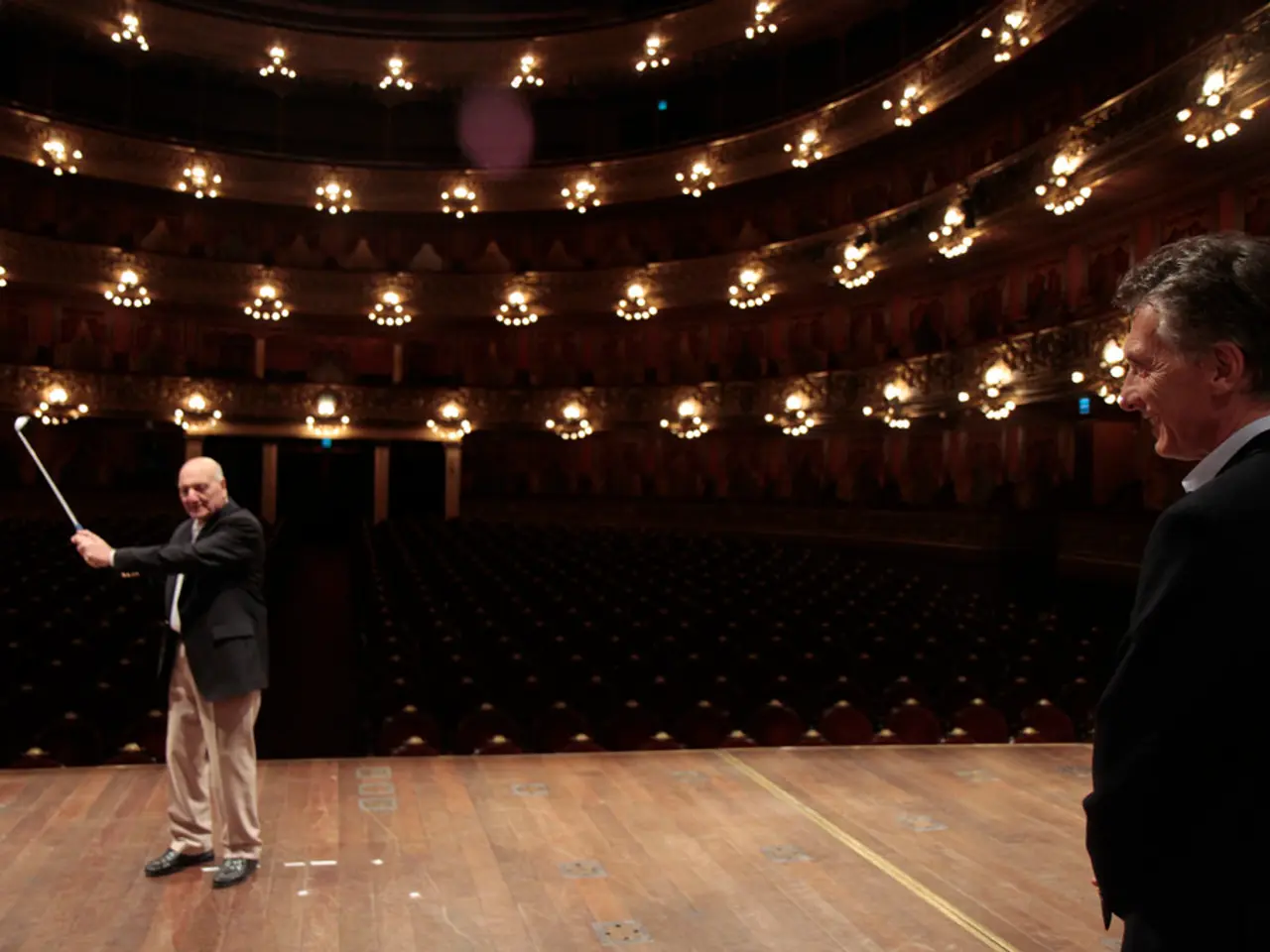escalating financial burdens lead to the closure of yet another nightclub in Berlin - Watergate
Berlin's Nightlife Under Threat: Measures Proposed to Protect Iconic Clubs
The vibrant nightlife that Berlin is known for is facing challenges, with the closure of popular clubs like Watergate and Renate due to rising costs and real estate pressures. The pandemic has further exacerbated the situation, leaving many clubs struggling to survive.
On September 18, Watergate club announced its closure, citing steep rent increases as the main reason. The final party at Watergate will be on New Year's Eve. Renate, another well-known club, had predicted this outcome in a statement last month, suggesting that more closures might be on the horizon.
In the last few years, clubs like Grießmühle, Rosie's, and Rummels-Bucht have also closed due to similar reasons. The rent increases are being forced by real estate company Gijora Padovicz.
In response to these closures, Green and Die Linke politicians have called for government action to protect Berlin nightlife. They argue that clubs are not just entertainment venues but vital community spaces.
To address these issues, key measures are being advocated and implemented. These include rent controls, financial subsidies, and special cultural protection measures. The aim is to help venues, particularly those central to Berlin's unique cultural identity and marginalized communities, to survive the financial pressures intensified by the pandemic and escalating expenses.
The Club Commission, which represents the nightlife sector, has been vocal about the need for these protections to prevent the ongoing "Clubsterben" (death of clubs) in Berlin. They emphasize that clubs, like SchwuZ—an iconic queer club facing insolvency—are more than just entertainment venues.
Although official recognition of Berlin’s techno and club culture as intangible cultural heritage exists, operators argue it does not address the immediate economic challenges clubs are facing.
Local government and advocates are focused on implementing rent controls to limit sudden rent hikes that threaten club viability, providing financial subsidies to offset rising operational costs, and establishing cultural protection guidelines that would shield beloved venues from being displaced by real estate developments.
These measures aim to maintain Berlin’s nightlife ecosystem, which is under threat from economic and developmental pressures. Without such interventions, the potential closure of long-standing clubs could signify a deeper cultural and community crisis for the city’s nightlife scene.
[1] Source: The Guardian, Berlin's nightlife under threat as clubs face closure and rising rents, https://www.theguardian.com/music/2021/sep/13/berlins-nightlife-under-threat-as-clubs-face-closure-and-rising-rents
- "The closure of iconic clubs like Watergate and Renate highlights the urgent need for cultural protection measures to safeguard Berlin's unique nightlife, as clubs are more than just entertainment venues; they are vital community spaces."
- "In response to the escalating threats facing Berlin's nightlife, measures such as rent controls, financial subsidies, and special cultural protection policies are being advocated to maintain the city's vibrant nightlife ecosystem and prevent further closures."








